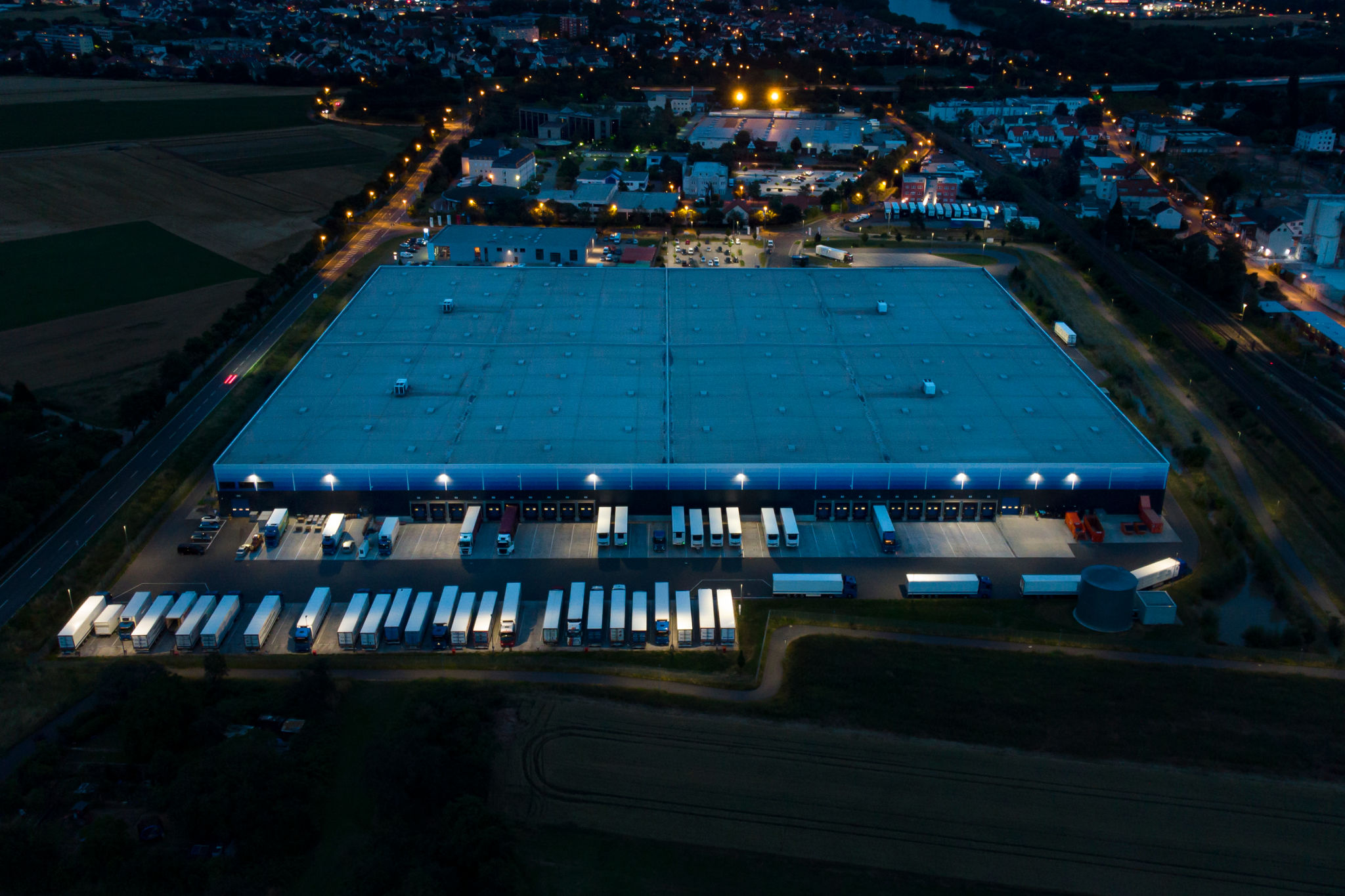Myths and Facts About Freight Transportation in El Paso
Understanding Freight Transportation in El Paso
Freight transportation is a critical component of the economy in El Paso, a city strategically located on the U.S.-Mexico border. However, there are numerous myths surrounding this vital industry. In this post, we will debunk some common misconceptions and provide factual insights into freight transportation in El Paso.

Myth: Freight Transportation is Only About Trucks
One of the most common myths is that freight transportation relies solely on trucks. While trucks play a significant role, they are just one part of a larger logistics network. In El Paso, railways, air cargo, and even pipelines contribute to the efficient movement of goods. Each mode of transport has its own advantages and is chosen based on factors like distance, type of goods, and cost efficiency.
The integration of different modes of transport is crucial for optimizing supply chains and reducing overall costs. This multimodal approach ensures that goods reach their destinations promptly and safely, benefiting businesses and consumers alike.
Fact: El Paso is a Key Logistics Hub
El Paso's strategic location makes it a pivotal logistics hub for North American trade. With its proximity to major highways and rail connections, the city serves as a gateway for goods moving between the United States and Mexico. This unique position has led to significant investments in infrastructure, enhancing El Paso's capabilities as a logistics powerhouse.

Moreover, the presence of the El Paso International Airport facilitates air freight operations, which are vital for time-sensitive shipments. This comprehensive infrastructure supports a thriving freight transportation industry that caters to both national and international markets.
Myth: Freight Transportation Hardly Affects the Environment
Another prevalent myth is that freight transportation has a minimal environmental impact. In reality, the transportation sector is a significant contributor to greenhouse gas emissions. In response to this challenge, many companies in El Paso are adopting sustainable practices.
- Investing in fuel-efficient vehicles
- Optimizing delivery routes
- Implementing eco-friendly technologies
These measures are essential for reducing the carbon footprint of freight operations and promoting environmental sustainability.

Fact: Technological Advancements Enhance Efficiency
The freight transportation industry in El Paso is continually evolving with technological advancements. Innovations such as GPS tracking, automated warehouses, and predictive analytics are transforming how goods are transported and managed. These technologies enhance efficiency by providing real-time data, improving route planning, and minimizing delays.
As technology continues to advance, the freight industry in El Paso is likely to see even more improvements in speed, reliability, and cost-effectiveness. This ongoing evolution benefits businesses by streamlining operations and providing better service to customers.
Conclusion: Embracing Change in Freight Transportation
In conclusion, understanding the realities of freight transportation in El Paso involves debunking myths and recognizing the facts that shape this dynamic industry. By embracing technological innovations and sustainable practices, El Paso continues to strengthen its position as a leading logistics hub. As the industry evolves, staying informed and adaptable is crucial for businesses looking to thrive in this competitive landscape.
